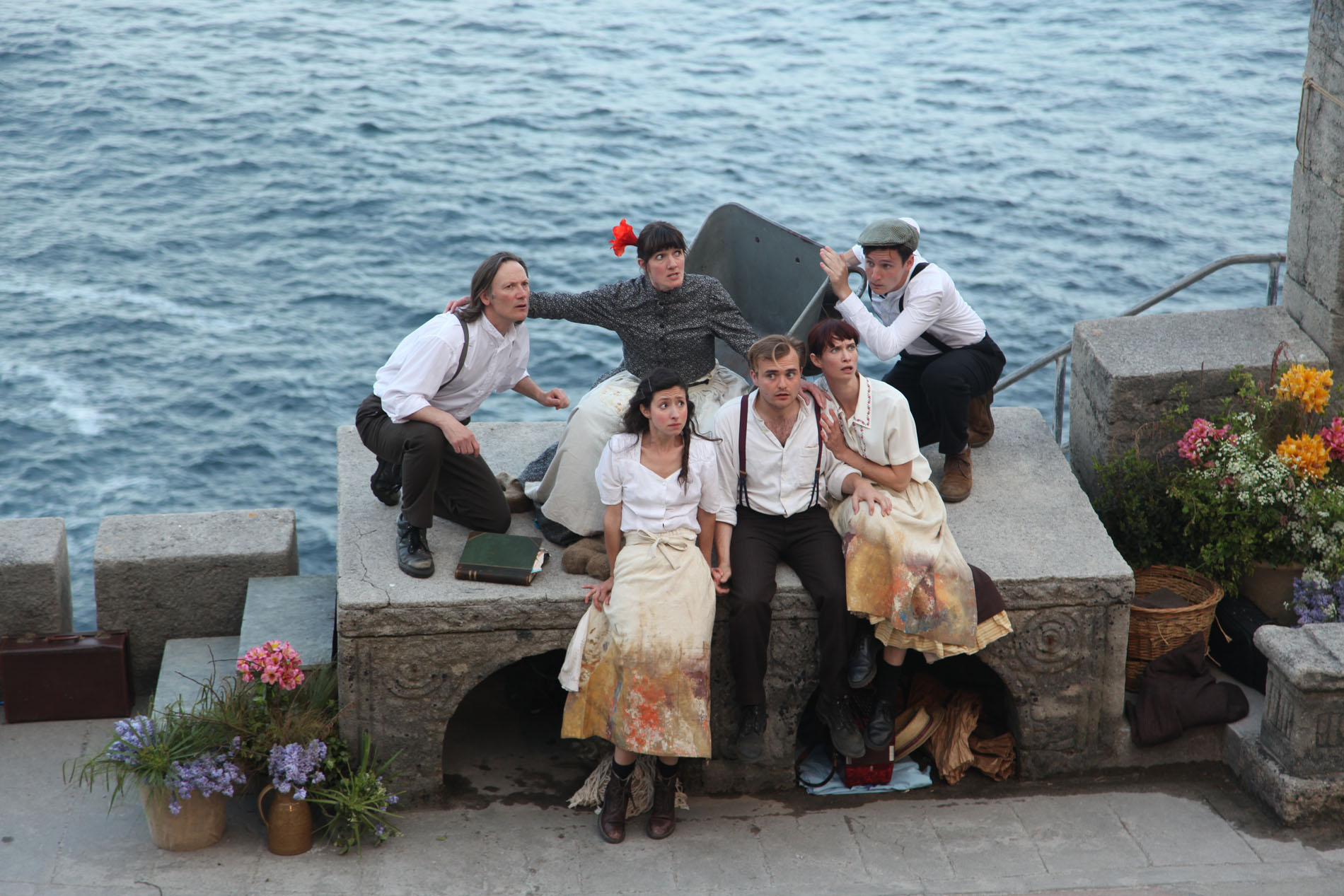

It is this disjointed meandering that keeps this book from earning a higher rating from me. On the other hand, there are long passages about church festivals and group outings that, while interesting, seem to plod on past their necessity.

These stories were marvelously written and poignant and gave me a true sense of the life in this small village before the advent of machinery and automobiles opened it to the greater world. This seemed to sum up a lot of the aura around this book, a kind of unmeasured timelessness.Īnother story of an elderly couple who were removed, quite against their wishes, to the workhouse, dredged up shades of Dickens and the cruelty of age in a society where few could care for their own needs and even fewer could take on the burden of caring for another. Speaking of Granny Trill he says, ”although she had a clock, she kept it simply for the tick, its hands having dropped off years ago. There is a story about two “grannies” who live next door to the Lee family, rivals and grudging enemies, their story made me think of two elderly women I knew when I was a child myself. It had marvelous potential that it dropped just short of reaching.

I thought this book was quite lovely in places and a bit bogged down in others. Cronin’s The Green Years, being told by a young boy of a poor family. Cider With Rosie is a memoir of Laurie Lee’s life in the Cotswolds immediately following World War I, and reminded me of A.


 0 kommentar(er)
0 kommentar(er)
